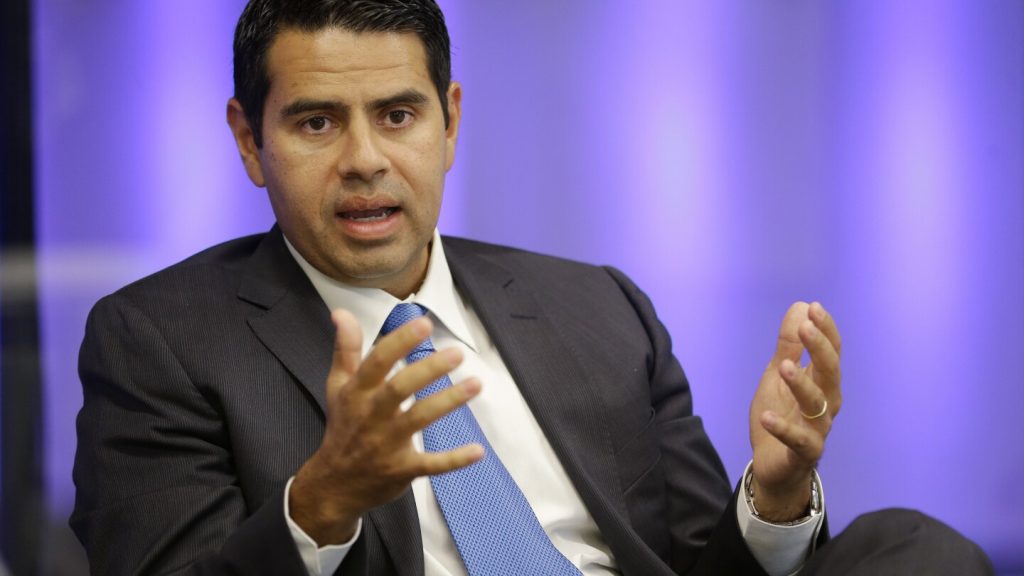The NBC News Group chairman, Cesar Conde, has come under scrutiny for holding multiple paid positions outside of his role at NBC, including serving on the boards of Walmart and PepsiCo. This has raised concerns about potential conflicts of interest within the news organization. While there is no evidence that Conde’s outside roles have influenced NBC’s coverage of these companies, critics argue that the perception of a conflict is as important as the actual conflict itself. Some journalists go to great lengths to avoid even the appearance of a conflict, such as refraining from owning stock in companies they cover.
Conde’s situation is not unique among news executives. CNN’s new chief executive, Mark Thompson, also chairs the board of Ancestry.com, while ABC recently appointed an executive with positions on the boards of National Geographic and A&E Networks to oversee ABC News. Journalists and media ethics experts emphasize the importance of transparency in such situations, urging news organizations to have clear policies regarding executives’ outside commitments. Recusal from coverage related to companies with which an executive is affiliated is a common practice, although it may not fully alleviate concerns about conflicts of interest.
The New York Times and Wall Street Journal have specific conduct codes that restrict their employees from serving on outside corporate boards. In contrast, some news organizations like ABC, CBS, and Fox News do not have explicit policies regarding executives’ board positions. As news companies navigate the increasingly complex landscape of media ownership and corporate ties, experts suggest developing comprehensive guidelines to address potential conflicts of interest. Disclosure to readers or viewers about executives’ outside affiliations can help maintain transparency and accountability in journalism.
The issue of executives holding multiple paid positions outside their news roles extends beyond NBC and raises questions about journalistic ethics and independence. While some news organizations have stringent policies in place to prevent conflicts of interest, others have not established clear guidelines. The involvement of news executives in outside corporate activities can create challenges in ensuring unbiased and objective news coverage. In an era of evolving media landscapes, media ethics experts stress the importance of setting standards to uphold journalistic integrity and credibility.
The scrutiny surrounding Conde’s board roles at Walmart and PepsiCo highlights the need for news organizations to address potential conflicts of interest among their executives. While recusal from related coverage is a step in the right direction, it may not fully alleviate concerns about impartiality in news reporting. Transparency and disclosure are key principles in maintaining the public’s trust in journalism, as readers and viewers expect accurate and unbiased information. As media companies grapple with the complexities of corporate ties and ownership, establishing clear policies and procedures for addressing conflicts of interest is essential to upholding journalistic integrity.


